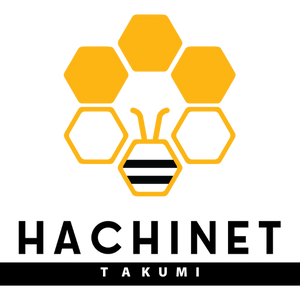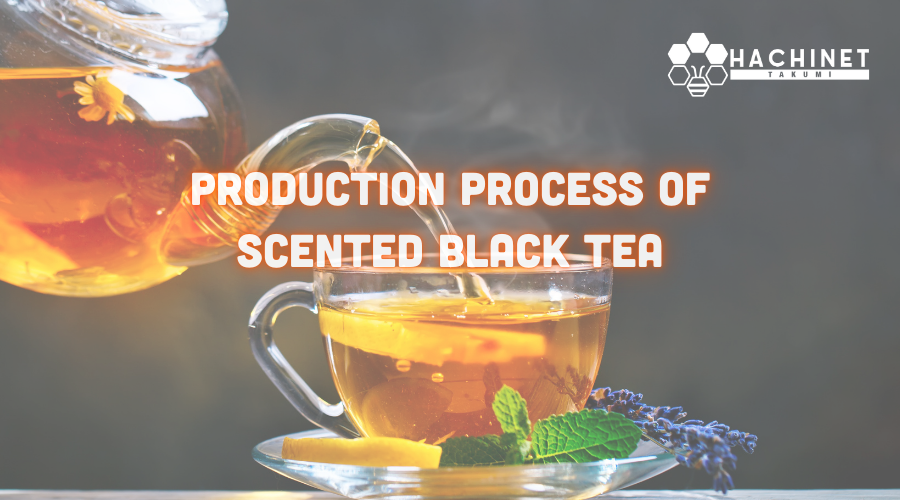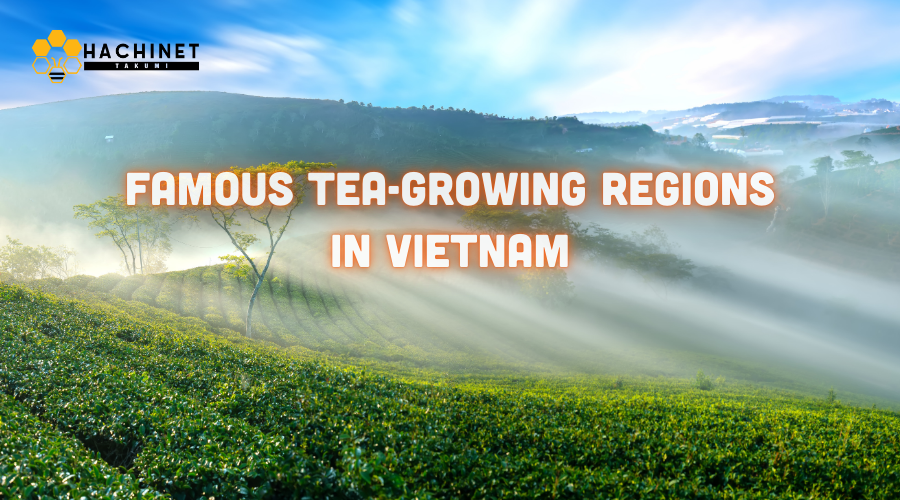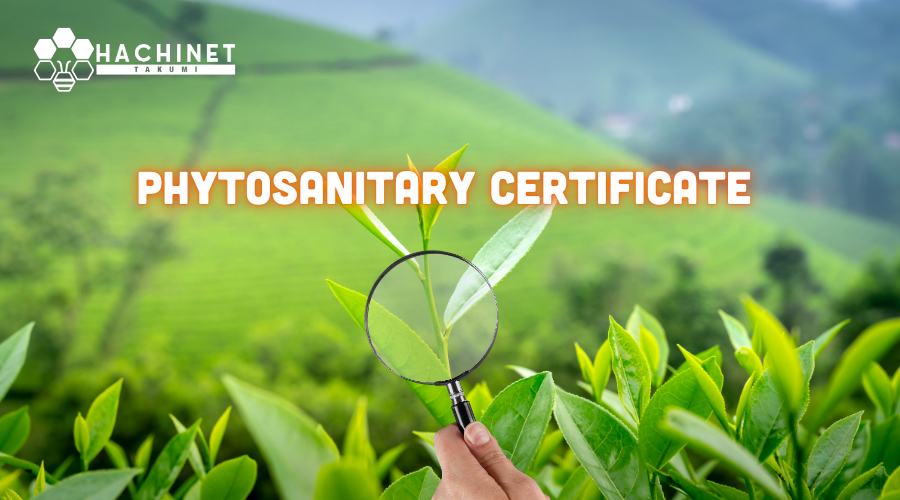Details of QA/QC Process at Hachinet Takumi
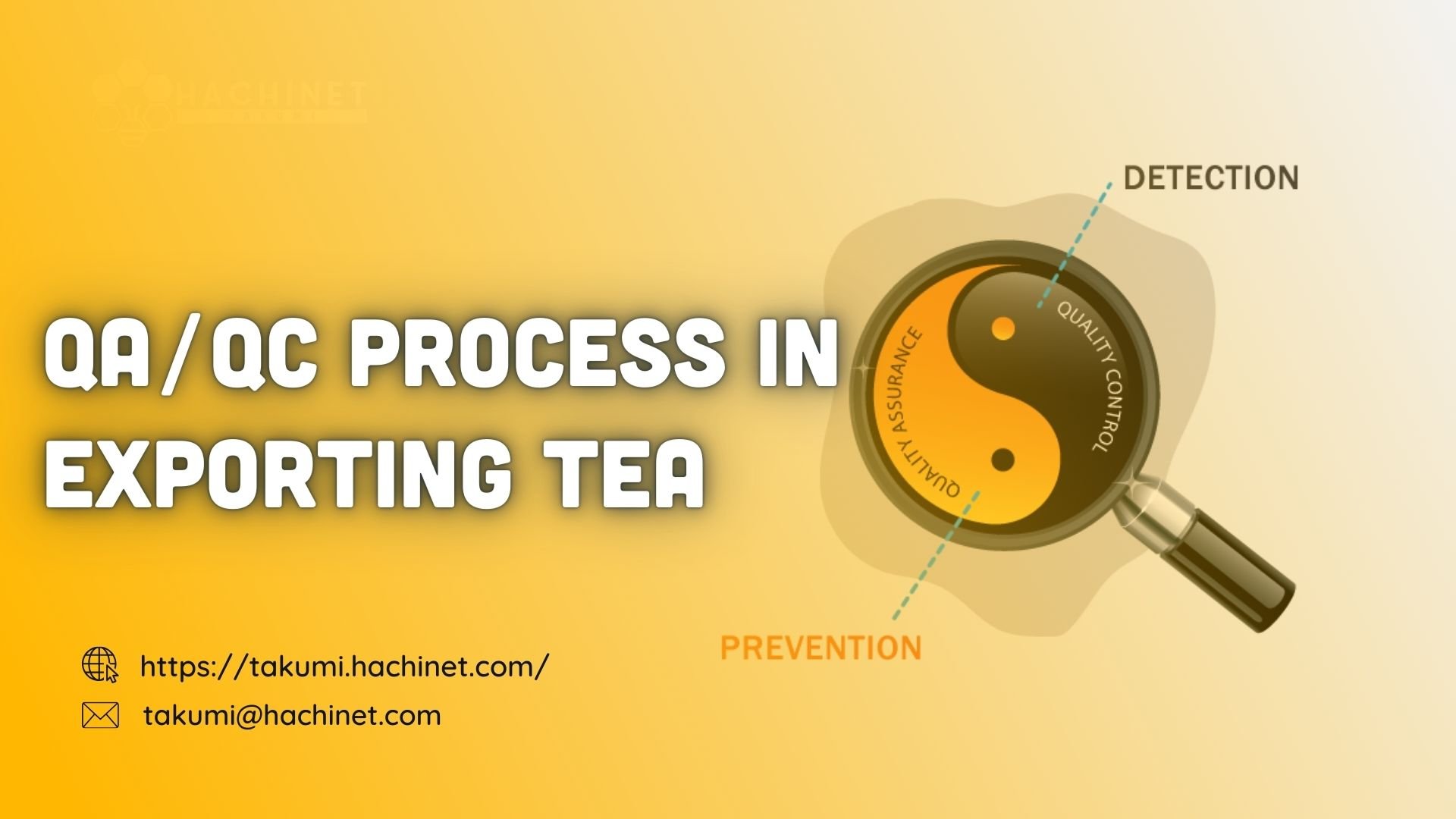
To ensure the quality of exported tea meets international standards, the QA/QC process must be strictly implemented from purchasing to final inspection. This article covers purchasing tea, managing pesticides, ensuring raw materials are residue-free, and Hachinet Takumi's role in maintaining product quality for customers.
1. Tea Purchasing
Pesticide Management in Tea Regions
First, managing pesticides and plant protection products in tea growing areas is an important step. This ensures that tea is harvested from areas that do not use excessive pesticides and comply with food safety regulations. Tea farms need to be closely monitored to ensure that banned drugs are not used or exceed the allowable threshold. This is done through periodic inspections and training programs, instructing farmers on the safe use of pesticides.
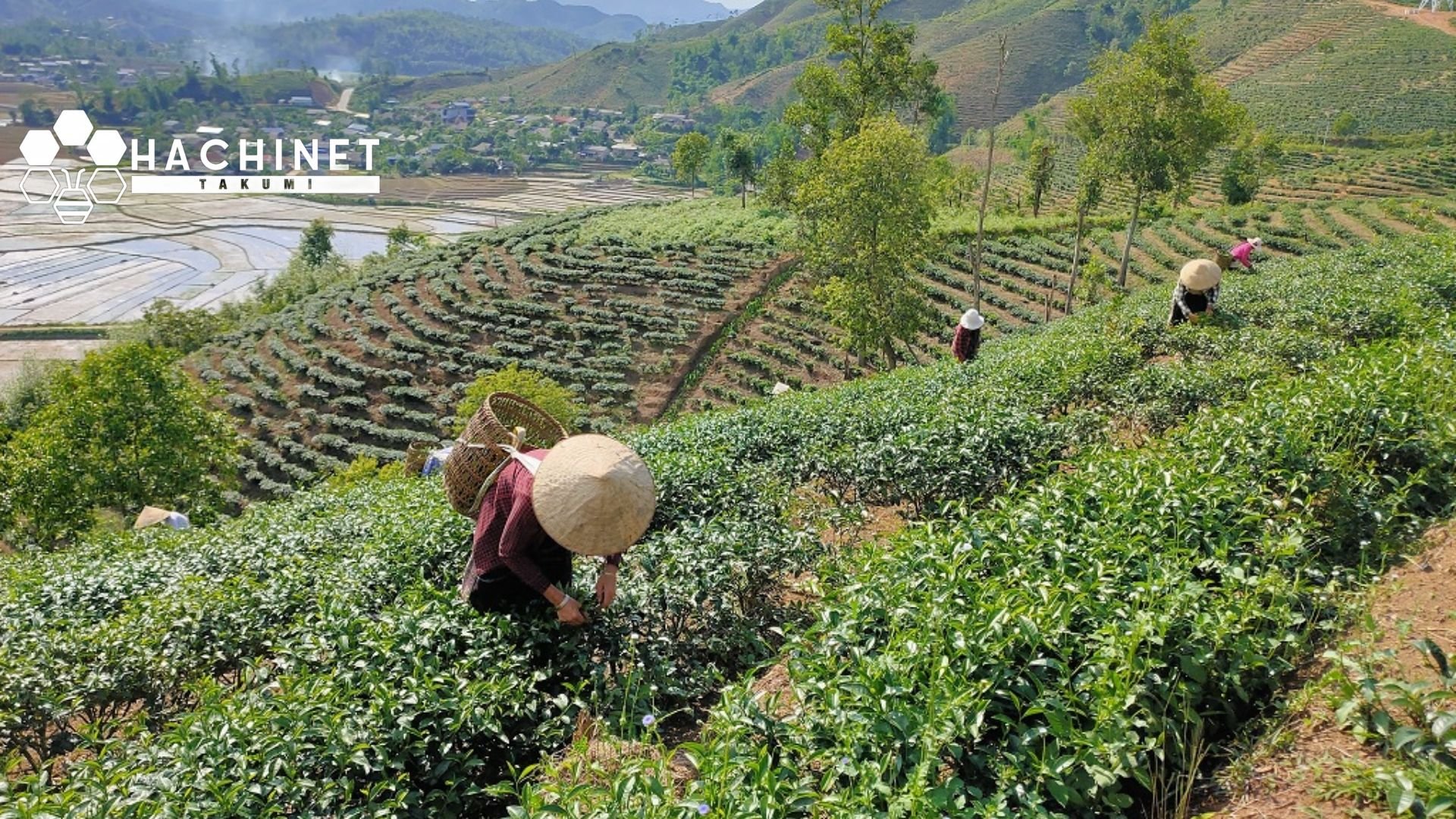
Purchasing Tea from Assured Areas
Tea is purchased from areas that have been tested and confirmed to not have pesticide residues exceeding the allowable level. Before purchasing, tea samples from these areas are taken for laboratory testing to ensure they do not contain toxic substances. Only when the test results meet safety standards can the tea be purchased and put into the processing process. This helps ensure input materials are completely clean and safe for consumers.
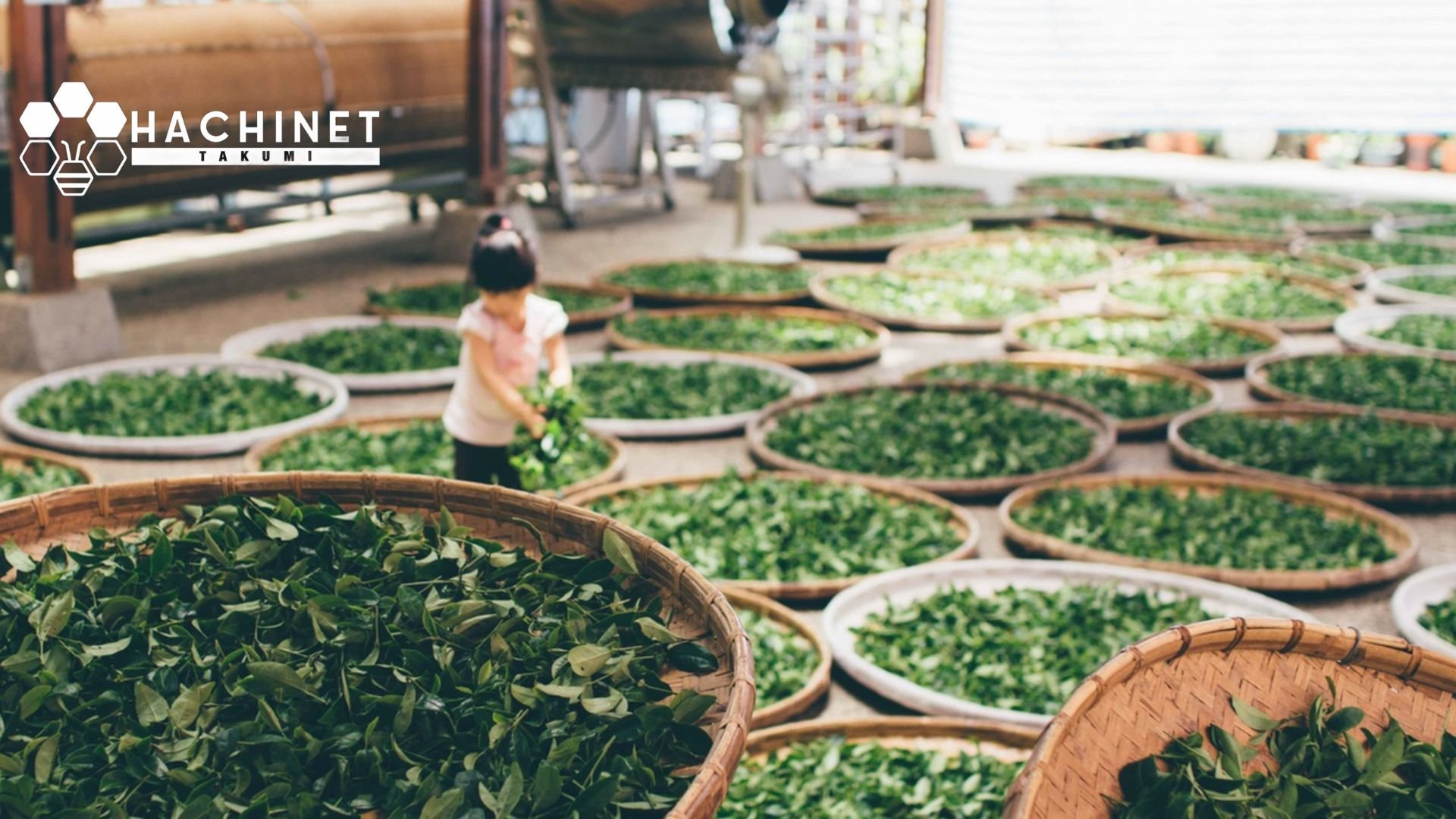
2. Tea Processing Process
Monitoring and Controlling the Processing Process
After purchasing, tea leaves will go through processing stages including withering, crushing and drying. Each of these stages needs to be closely monitored and controlled to ensure tea quality. The wilting process must ensure that the tea leaves lose enough water to become soft and easy to handle in the next steps. Next comes the crushing process, where the tea leaves are kneaded to break down the cell structure, releasing enzymes and natural essential oils. Finally, the tea leaves are dried at the appropriate temperature and time to achieve optimal moisture, helping the tea to be preserved longer while still retaining its natural flavor.
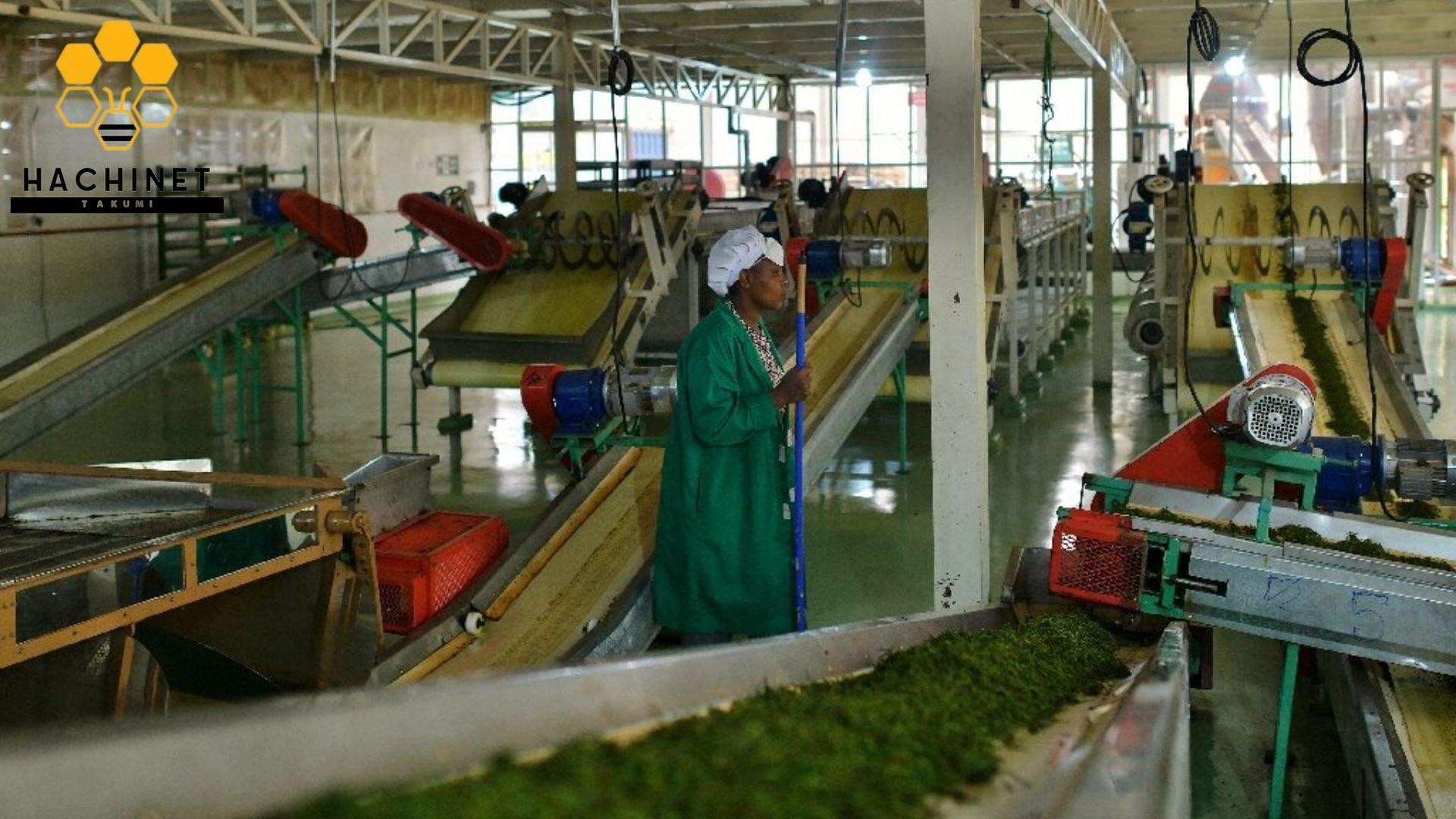
3. Check Product Quality After Processing
Check Key Metrics
After processing, the tea will be re-checked to ensure it meets quality standards. Indicators to check include moisture, tannin, caffeine and sugar content. The color and flavor of the tea should also be carefully examined to ensure they are suitable for the intended tea type. Testing methods include sensory, chemical analysis and microbiological testing. Modern machinery such as spectrum analyzers, gas chromatographs and microbiology testing machines are used to ensure high accuracy in test indicators.
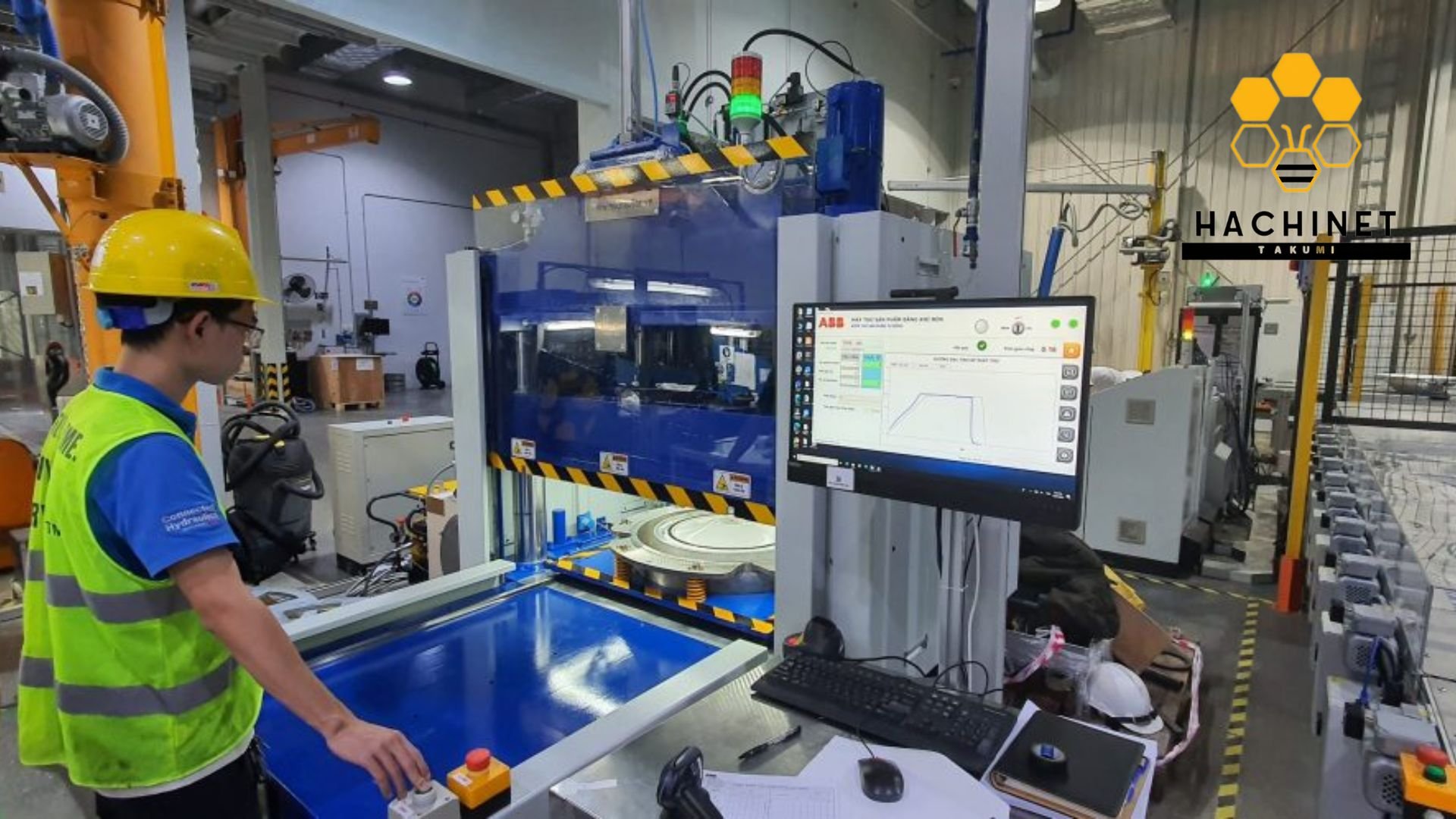
4. Ensuring Product Quality When It Reaches Customers
Hachinet Takumi's Role
An important part of the QA/QC process is ensuring that the product arrives to customers exactly as they expected when they ordered it. Hachinet Takumi plays an important role in inspecting each tea bag after production is completed. Each tea bag is carefully inspected to ensure there are no defects in quality or packaging. This helps avoid situations where customers receive products that do not match their orders.
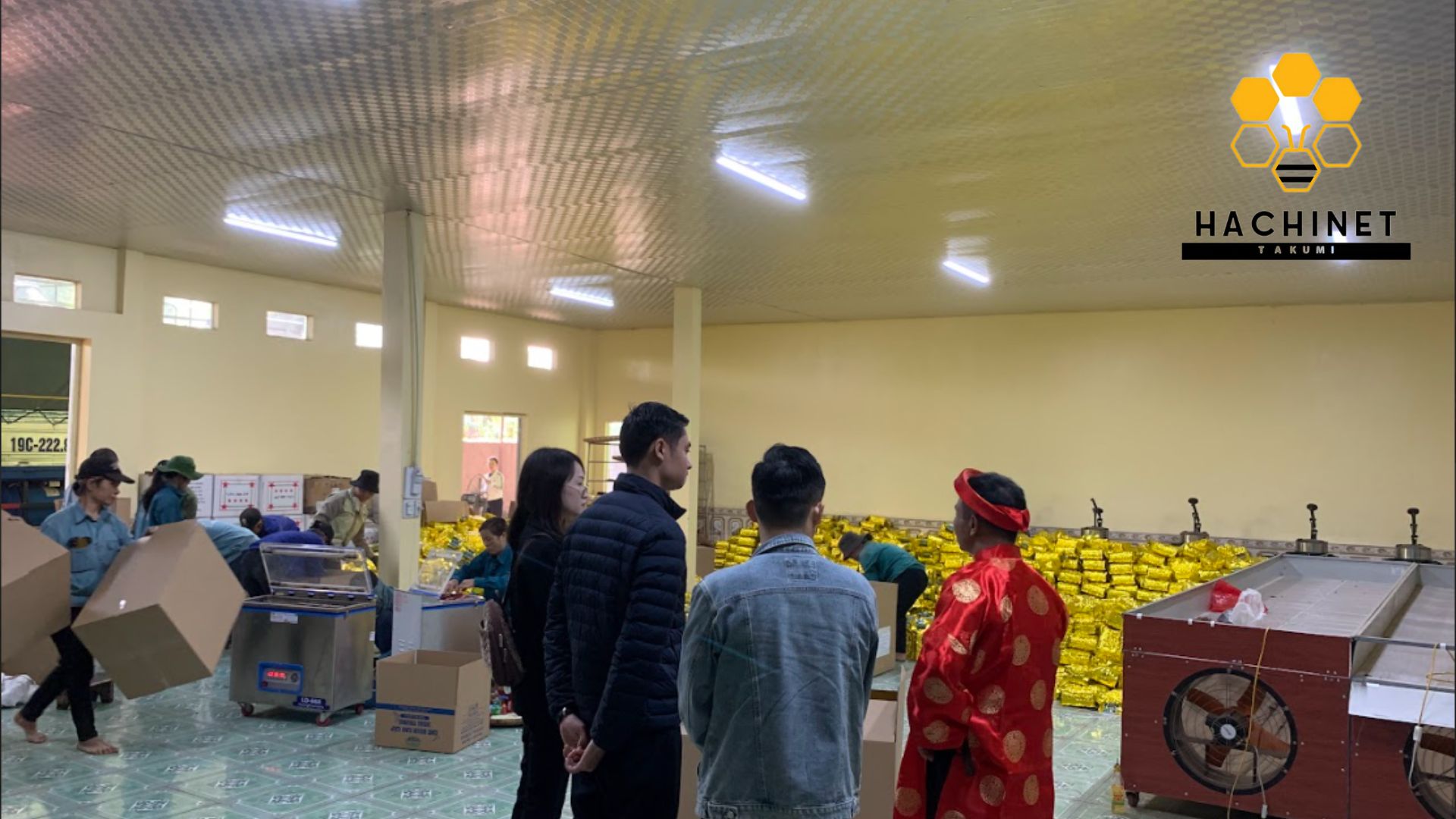
For example, there are cases where customers order green tea but receive black tea, or order tea with a special flavor but receive regular tea. These errors not only cause inconvenience to customers but also affect the reputation of the manufacturer. Therefore, Hachinet Takumi strictly inspects each tea bag to ensure perfect product quality when it reaches consumers.
The QA/QC process in tea production and export requires meticulousness and rigor at each stage, from raw material management, processing to final product quality inspection. Hachinet Takumi's participation in product inspection after production ensures that customers always receive products as expected, helping to improve the reputation and quality of Vietnamese tea in the international market. Only when applying the QA/QC process effectively can tea quality be guaranteed and maintain its position in the hearts of consumers.
